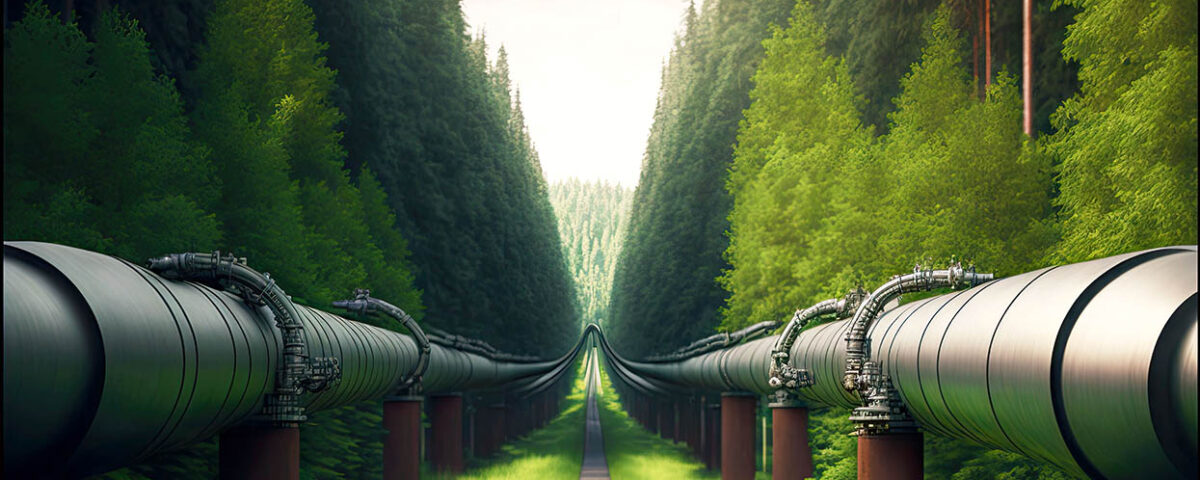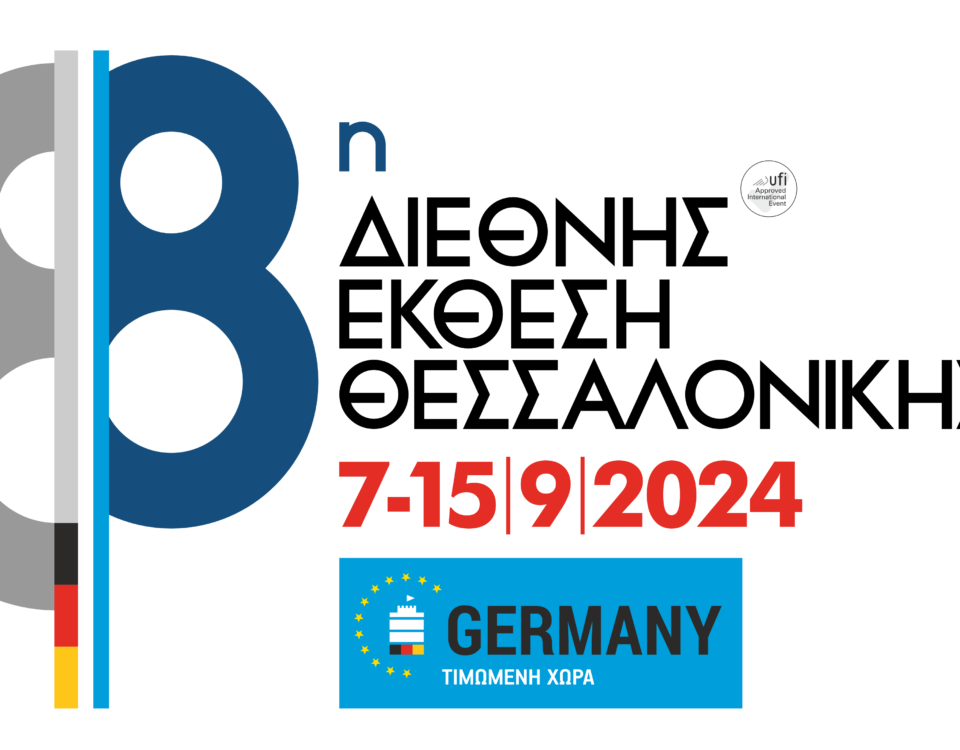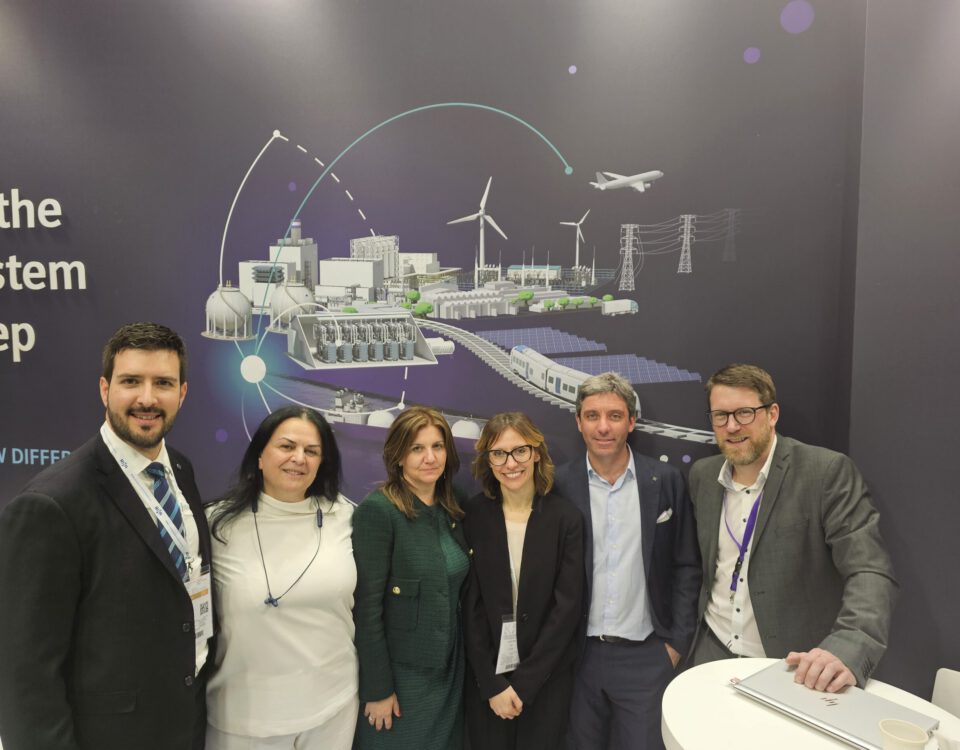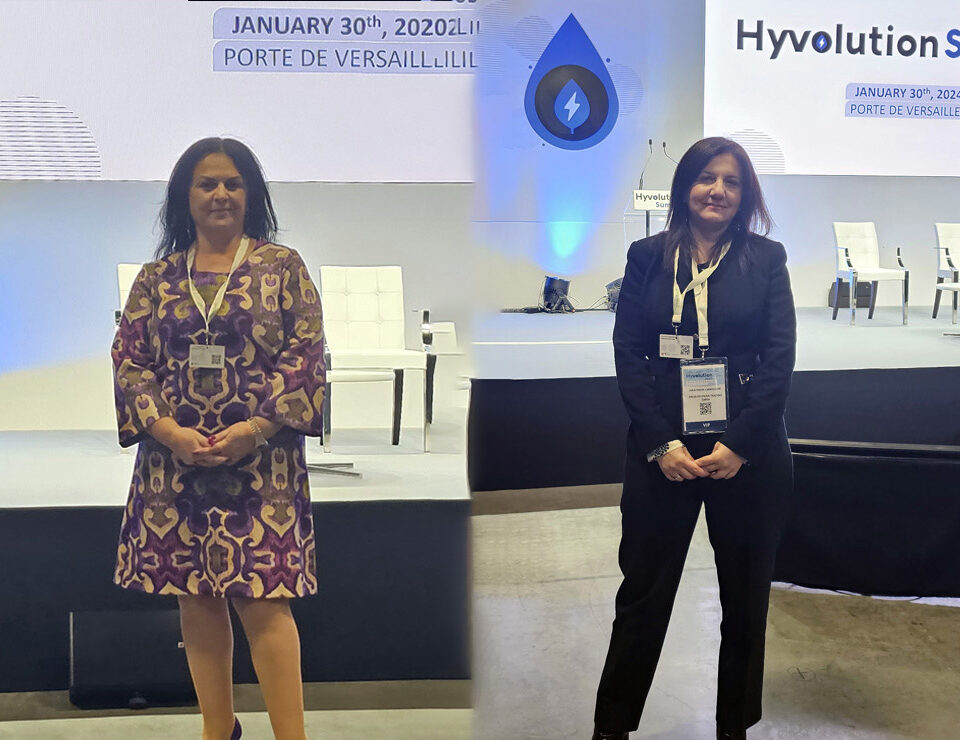
Torghatten Nord inks landmark hydrogen supply deal for Norway’s 1st full-scale hydrogen-powered ferries
August 23, 2023
Sasol produced first green hydrogen from Sasolburg electrolyser in June
August 26, 2023Brazil’s government is assessing whether to introduce tax incentives for green hydrogen companies, insider sources told news agency Reuters yesterday (Thursday). It is currently focusing on its Triennial Work Plan for hydrogen, which aims to have a regulatory system in place by the end of this year to define what counts as “low-carbon” or “green”, while extending the remit of existing oil and gas regulators to cover H2.
However, the work plan up to 2025 also schedules other key aspects of regulation, such as certification schemes, lifecycle emissions methodology, and how these will align with international standards. Despite the lack of legislation around hydrogen production, the country has still built a pipeline of low-carbon hydrogen projects worth around $30bn, according to government figures.
But while the country is host to a 60MW green hydrogen plant currently being built by domestic chemicals giant Unigel, many of these projects are still at the proposal stage, with international investors wary of backing projects in the country without regulations or firm offtake in place.
Brazil is projected by Dutch-headquartered Rabobank to use around 45.2 million tonnes of fertilisers this year alone, which could present a natural offtake sector for green hydrogen.
However, while studies project that Brazil can produce some of the cheapest clean H2 in the world by 2030, there is still likely to be a cost gap between green and gas-based fertilisers in the short term. As such, Brazil is considering tax incentives to support the green hydrogen sector and its consumption by existing industries as well as its use in transport — although no details have been released on whether these credits will support supply, demand or both.
Officials have also cautioned that this support, if implemented, may be unable to compete with the US tax credit of up to $3/kg or the EU’s upcoming Hydrogen Bank auction, which will offer up to €4/kg ($4.30/kg).
“Brazil is not in a current position to give the incentives that the European Union and the US are giving,” Rodrigo Rollemberg, a senior Brazilian official in charge of the green economy, told Reuters.
Earlier this summer, the EU promised to invest €2bn towards Brazilian clean hydrogen and energy efficiency through the European Commission’s Global Gateway fund, although further details on this support have yet to materialise.(Copyright)




